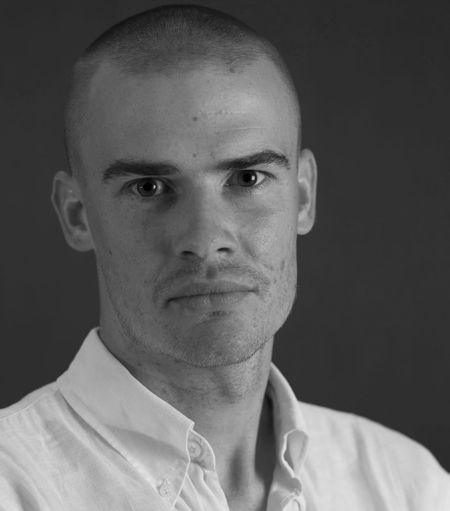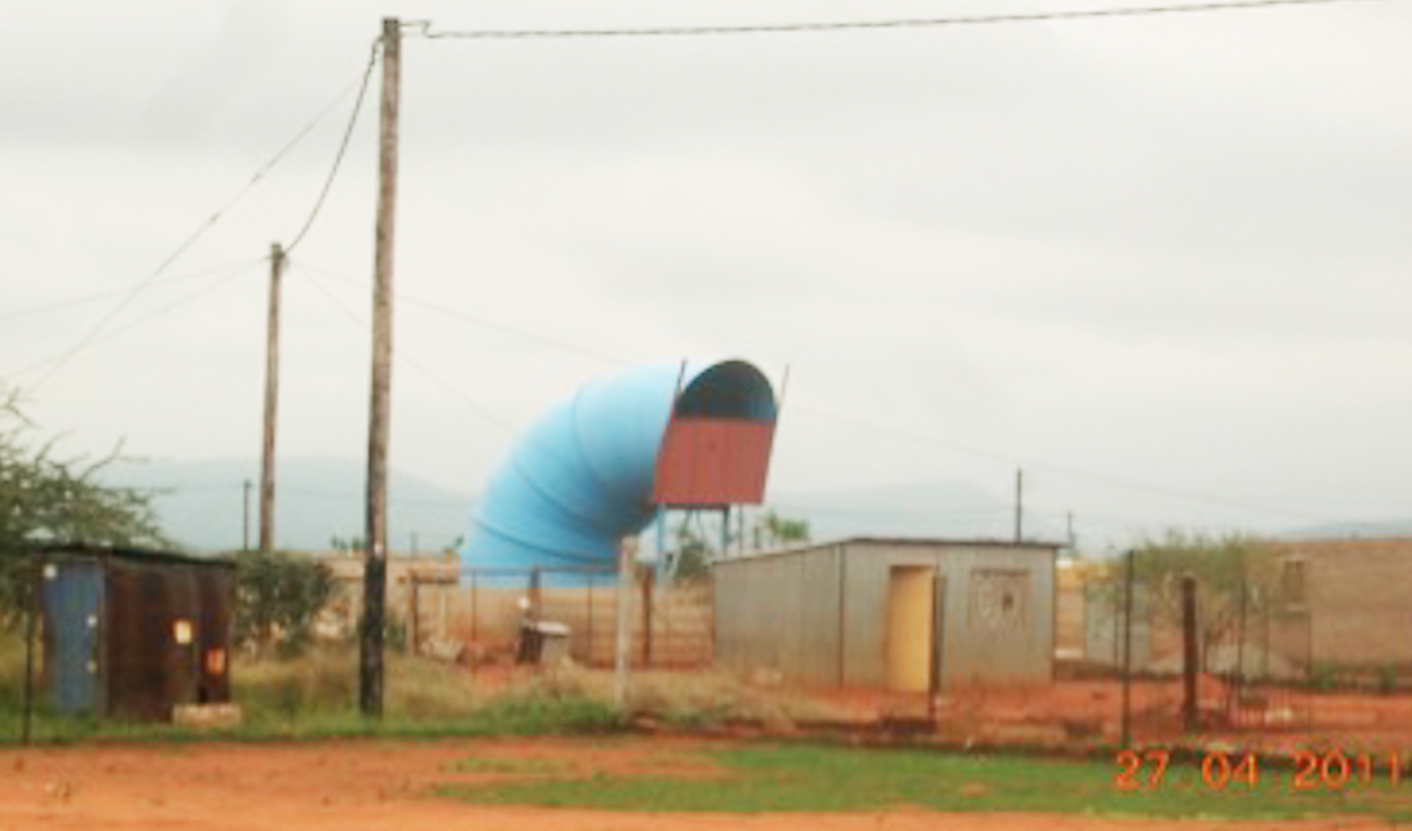What brings mineworkers to protest and hack others to pieces, as we’ve seen at Lonmin’s platinum mine outside of Rustenburg this week? They have jobs, tough to come by these days, and are among the South Africans who can benefit from the giant businesses’ corporate social responsibility programmes.
The Bench Marks Foundation released a “seminal” report Tuesday shedding light on the social, economic and environmental impact of platinum mining companies in the Bojanala District, North West. Many factors contribute to a violent protest, but no doubt the living conditions of workers and the treatment of communities play a role.
Bench Marks’ Policy Gap 6 report describes a situation where workers and communities are still waiting to see the benefits of their wealthy employers, a situation ripe for protest.
“The violent community protests over the lack of education, training and employment opportunities in Marikana, Chaneng and Kroondal/Ikemeleng during the last six months of 2011 indicate a high level of youth discontent,” the foundation said in a release. It warned conflict would continue if the education and employment situation weren’t transformed.
Before releasing the report, which follows its Policy Gap 1 in 2007 and uses a mix of academic research, questionnaires to mining companies and public participation, leaders of the foundation led a moment’s silence for the nine people killed at the Lonmin mine recently.
“The report points to a whole number of issues which makes the Rustenburg area volatile,” said David van Wyk, author of the report. “Our political situation is being polluted when mining companies curry the favour of politicians.… It undermines democracy, frankly speaking, and this is why communities end up protesting, because they don’t trust the democratic process.”
The report recommended politicians and their relations should be barred from serving on boards, lest the pattern of “broad-preneuers” continue. “The Bench Marks Foundation is disappointed by the BEE information in the Aquarius (Platinum) report to the effect that Zwelake Sisulu, HRH Princess Zenani Mandela-Dlamini, and Malibongwe Women’s Development Agency are all beneficiaries,” the report said. The North West auditor general had also served on the Aquarius board, said Van Wyk.
The report looks at Anglo American Platinum, Impala Platinum, Lonmin, Xstrata, Aquarius and Royal Bafokeng Platinum Limited. Each company reports glowing corporate social responsibility programmes, but they were found lacking on investigation.
Since the Mining Charter declared 10% of employees should be women, the companies have improved gender balance, with Anglo American exceeding the target, but women still face difficult conditions. The report noted a general lack of facilities for women, such as separate ablution blocks and change rooms.
It also found a high level of prostitution in the communities. While men are often migrants, the women are regularly locals, causing community tension. To sustain an income, some mothers in the communities have hired out their daughters as sex workers for as little as R1,000 per month.
“A female geologist interviewed told us that she walks with a knife in her pocket wherever she goes in the mines as women are not safe, especially underground. In the cages (that travel down shafts), it’s common for women to get groped and abused, particularly when it’s jam-packed,” said Bench Marks Executive Director John Capel.
The mines regularly use local traditional authorities and councillors to source labour, who often conduct interviews in taverns and demand sex in exchange for jobs, said the report.
In regards to employment, Policy Gap 6 criticised the platinum producers for not benefitting the communities in which they operate. In the 20-29 age bracket, 44% of Bojanala residents are unemployed and in the 30-39 category 27.5% remain unemployed. Meanwhile, instead of teaching the skills to locals, companies continue to use migrants and employ sub-contractors. Of 11,072 employees at Aquarius, a whopping 9,343 are sub-contracted.
The report also found employees aren’t benefiting from education programmes. In Bojanala 40% of mineworkers are illiterate. “We discovered that as much as 15.1% of the (Bojanala) population older than 20 years have not received any form of schooling, 19.7% some primary education, only 20.1% have completed their high school education and a small 5.5% have obtained some form of tertiary education,” said Capel.
Most companies focused their community programmes on education but failed to ensure the projects achieve results beyond a publicity campaign. They are “often done in a haphazard manner, without careful planning and consultation and often with no follow-up funding. The actual needs of the community and the resources available to consider the project are hardly ever taken into consideration, leading to numerous failed investments,” said Capel.
Representatives from the Department of Women, Children and People with Disabilities and the Department of Health said the report would be analysed and delivered to their ministers, who would consider working in collaboration with the Department of Mineral Resources and the Department of Labour to address the issues.
Bench Marks recommended wide-ranging assessments of the impact of mining and reviews of the regulations governing the sector. Despite extensive research and attempts to contact government, it has never had a response from a minister.
An Anglo American representative was quick to point out the company has cooperated fully with the investigation and although mining groups were criticised for not employing enough locals, South Africans have a right to association and seek work wherever they choose.
But Rustenburg resident Olebogeng Motene remained critical of the mining companies. “Besides them disrespecting us as a community at large, they do not account for any of their actions whatsoever.” Cracks have developed in houses in her area, built both by the mining company and locals, which many residents attribute to the underground mines. Exhaust pipes also protrude from the ground right next to a school.
“You wake up every morning and you’ll find people with cables in your yard and the next thing they’ll be drilling,” said Motene, her voice wavering in front of the crowd. “If they don’t account we will take action. That’s one of the most powerful tools we have.” DM
READ MORE:
- Policy Gap reports in Bench Marks Foundation.
Photo: A mining ventilation tower overhanging a shack in the Chaneng, Mafenya, Luka area of North West. Photo taken by a community resident.






